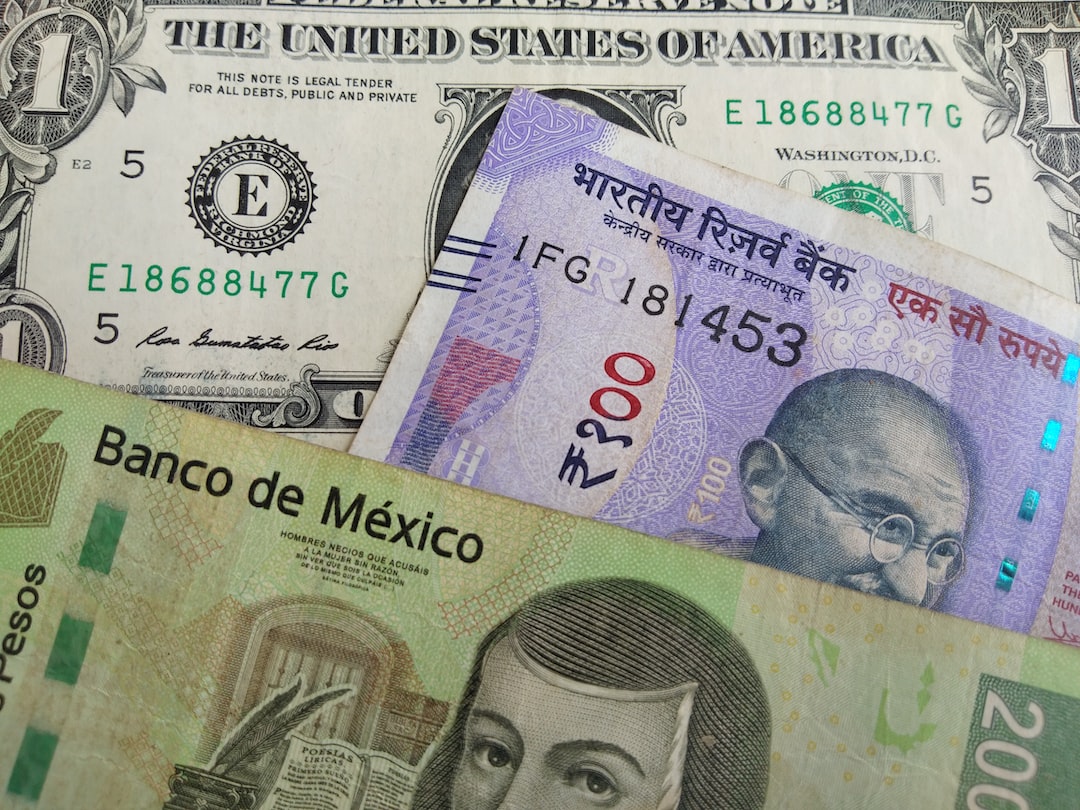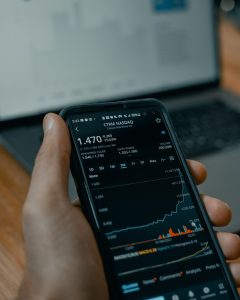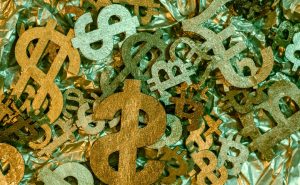The foreign exchange market, commonly known as forex, is the largest financial market in the world. With an estimated daily turnover of over $5 trillion, it surpasses the stock market in terms of liquidity and trading volume. The forex market is open 24 hours a day, five days a week, and it involves the buying and selling of currencies from different countries. But who are the people or institutions that participate in this market?
Central Banks
Central banks are the most influential players in the forex market. They are responsible for managing their country’s monetary policy, which involves regulating interest rates, controlling inflation, and stabilizing currency values. Central banks actively engage in forex trading to maintain their economic stability and the value of their currency. They can also intervene in the market to influence exchange rates by buying or selling their currency.
Commercial Banks
Commercial banks are the primary players in the forex market. They facilitate currency transactions for their clients, including corporations, individuals, and other financial institutions. Commercial banks earn profits from forex trading by charging fees and commissions for executing currency trades. They also engage in speculative trading to generate profits from currency fluctuations.
Hedge Funds
Hedge funds are private investment firms that pool money from wealthy investors to engage in high-risk, high-return investments. Forex trading is a popular strategy for hedge funds because of its high liquidity and volatility. Hedge funds use various strategies to generate profits, such as currency carry trades, which involve borrowing low-interest-rate currencies and investing in high-interest-rate currencies.
Retail Traders
Retail traders are individual investors who trade in the forex market for personal gain. They use online trading platforms to buy and sell currencies based on their analysis of market trends and economic indicators. Retail traders usually trade in smaller volumes than institutional investors, but they can still have a significant impact on currency prices, especially in highly leveraged markets.
Corporations
Multinational corporations that operate in different countries are exposed to currency risk, which can affect their profitability. Forex trading allows them to hedge against this risk by buying or selling currencies to offset losses. Corporations also engage in speculative trading to generate profits from currency fluctuations.
Governments and Sovereign Wealth Funds
Governments and sovereign wealth funds are state-owned investment funds that manage a country’s foreign currency reserves. They engage in forex trading to maintain the value of their currency and generate profits from currency fluctuations. Sovereign wealth funds are also used to fund government projects and provide financial support during economic crises.
In conclusion, the forex market is a complex and diverse market that involves a range of players, from central banks to retail traders. Each participant has its own motivations and strategies for engaging in forex trading, but they all contribute to the liquidity and volatility of the market. Understanding who trades in the forex market is essential for anyone who wants to invest in this market or work in the financial industry.





